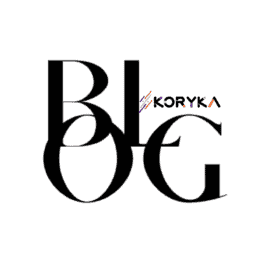
Successful businesses understand that solid client relationships form the backbone of their growth and sustainability. Effective communication is the key to creating and maintaining these relationships. Let’s explore effective communication strategies that boost your rapport with clients and position your business as a trusted partner in their success journey.
Before establishing communication, it’s crucial to understand your client. Dive deep into their business, their industry, and their challenges. The better you know them, the better you can communicate in a manner that resonates with them and addresses their needs.
In today’s fast-paced world, clarity and conciseness are prized in business communication. Ensure that your messages are easy to understand, free of jargon, and to the point. A clear and concise message reduces the chances of misunderstandings, fostering a more substantial client relationship.
Effective communication is a two-way street. Active listening is equally essential as articulating your thoughts. It shows respect for the client’s opinions and encourages them to open up more, facilitating a deeper understanding of their needs and expectations.
Fast-paced business environments require timely responses. Delayed communication can indicate a lack of interest or commitment, damaging the client relationship. Prompt responses show that you value their time and their business.
Every client is unique, and personalized communication helps acknowledge this uniqueness. It goes beyond using their first name in emails. It means tailoring your communication style, tone, and content to match the client’s preferences.
Regular updates and follow-ups reassure clients that you’re actively handling their concerns. It’s a proactive communication strategy that keeps them in the loop and makes them feel involved and valued.
Embrace technology for effective client communication. Tools like CRM software can help manage communication history, schedule follow-ups, and deliver personalized content. Technology can help streamline and enhance your communication efforts.
People like doing business with people they want. Thus, building emotional connections with clients can go a long way. Small gestures like remembering personal details or sending a congratulatory message on business achievements can strengthen client relationships.
Asking for feedback provides valuable insights for improvement and signals to the clients that their opinion matters. It promotes open dialogue, fostering trust and respect in the relationship.
Maintaining professionalism in all communications assures clients of your reliability. While being friendly is good, always respect boundaries and avoid overly casual behavior or language.
Building strong client relationships is not an overnight process. It takes time, effort, and, most importantly, effective communication. By understanding your client, ensuring clear and concise communication, actively listening, responding timely, personalizing your communication, providing regular updates, leveraging technology, building emotional connections, asking for feedback, and maintaining professionalism, you can create a solid foundation for a successful long-term relationship with your clients.
Invest in these communication strategies, and you’ll soon see their positive impact on your client relationships, ultimately leading to a more prosperous and sustainable business. Remember, effective communication is not just about transmitting a message—it’s about understanding the response and acting on it to build a stronger and more productive relationship.